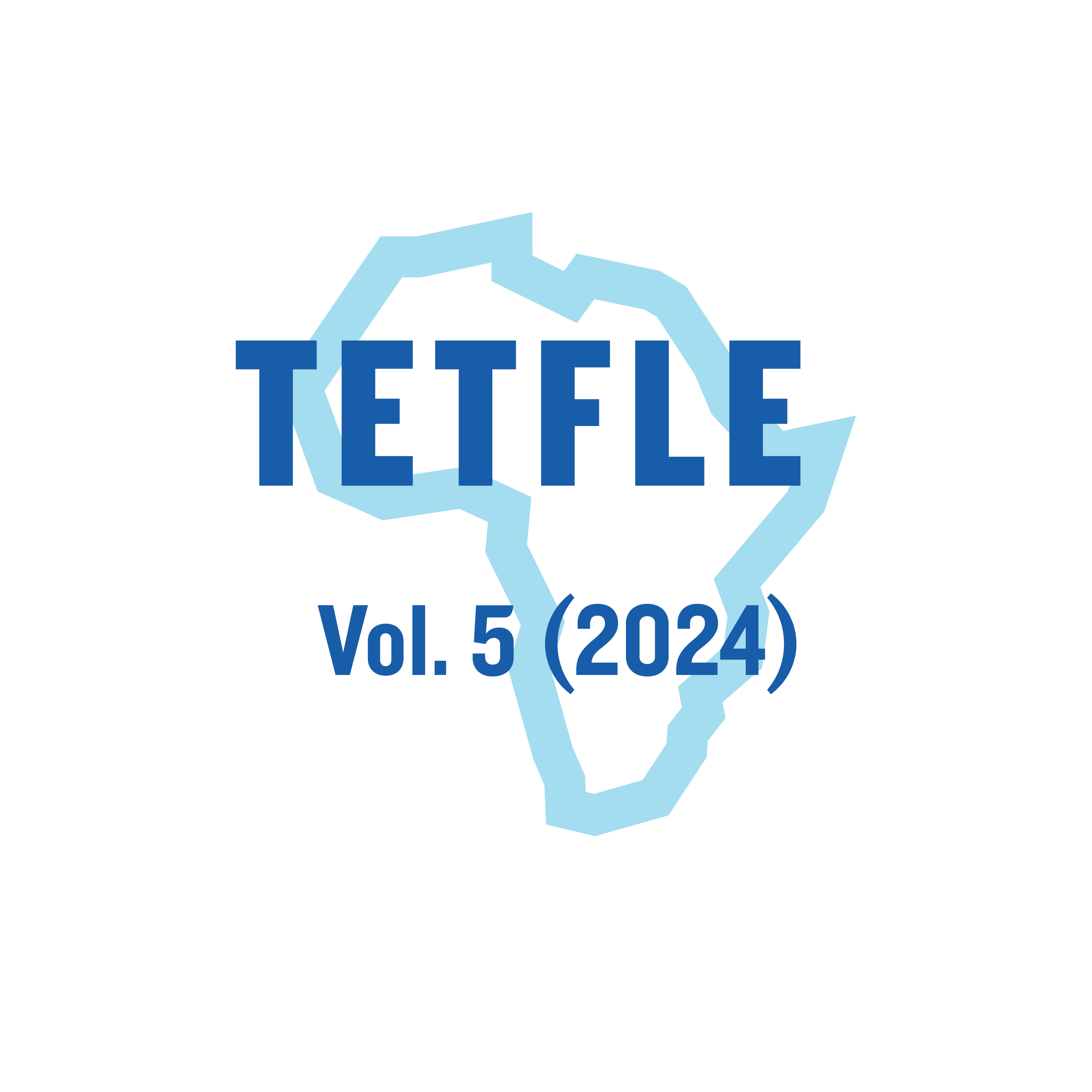Teacher education in a flexible higher education environment: Considerations for the future
DOI:
https://doi.org/10.35293/tetfle.v5i1.5076Keywords:
Education theory, online learning, blended learning, student autonomy, teacher educationAbstract
Although teacher education practices had undergone major changes due to the possibilities that came with developments in the field of information and communication technologies and the introduction of online teaching and learning since the turn of the century, the COVID-19 pandemic brought about further major paradigm shifts and greater flexibility in the way teacher education for prospective and in-service teachers can be and are offered. The question can rightfully be asked by higher education institutions offering these programmes, what should inform their thinking and planning going forward, specifically in the Sub-Saharan context where the demand for education is ever-rising, amongst other, due to the relatively young population of the region and the massification of higher education. Yet the question can be asked now that the pandemic is almost over, how higher education institutions move forward with teacher education programmes, and on what they base decisions on. We thus highlight some considerations for universities on the future of flexible teacher education programmes. We start by discussion the concept of flexible learning, and specifically flexible modes of delivery for teacher education. We then provide some theoretical and contextual considerations for higher education institutions to take into account, after which we consider challenges, solutions and impact of such programmes. We argue that higher education institutions should embrace flexible learning as the way forward for teacher education programmes, but that they should make sure that it aligns with the context of the institution.
Downloads
Published
Issue
Section
License
Copyright (c) 2024 Lynette Jacobs, Karen Ferreira Meyers

This work is licensed under a Creative Commons Attribution-NonCommercial-ShareAlike 4.0 International License.

Authors who publish with this journal agree to the following terms:
Authors retain full copyright and grant the journal right of first publication with the work simultaneously licensed under the Creative Commons Attribution Share-alike 4.0 International License This license lets others remix, adapt, and build upon authors' work non-commercially, as long as they credit the author and license their new creations under the identical terms that allows others to share the work with an acknowledgement of the work's authorship and initial publication in this journal.


